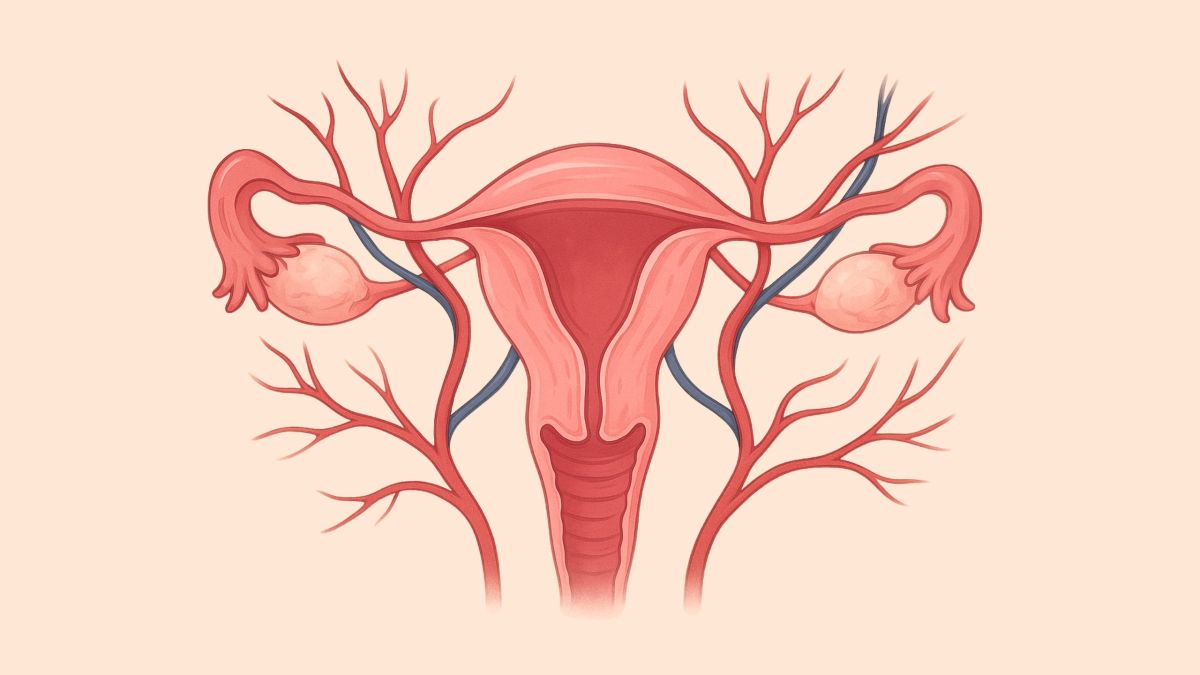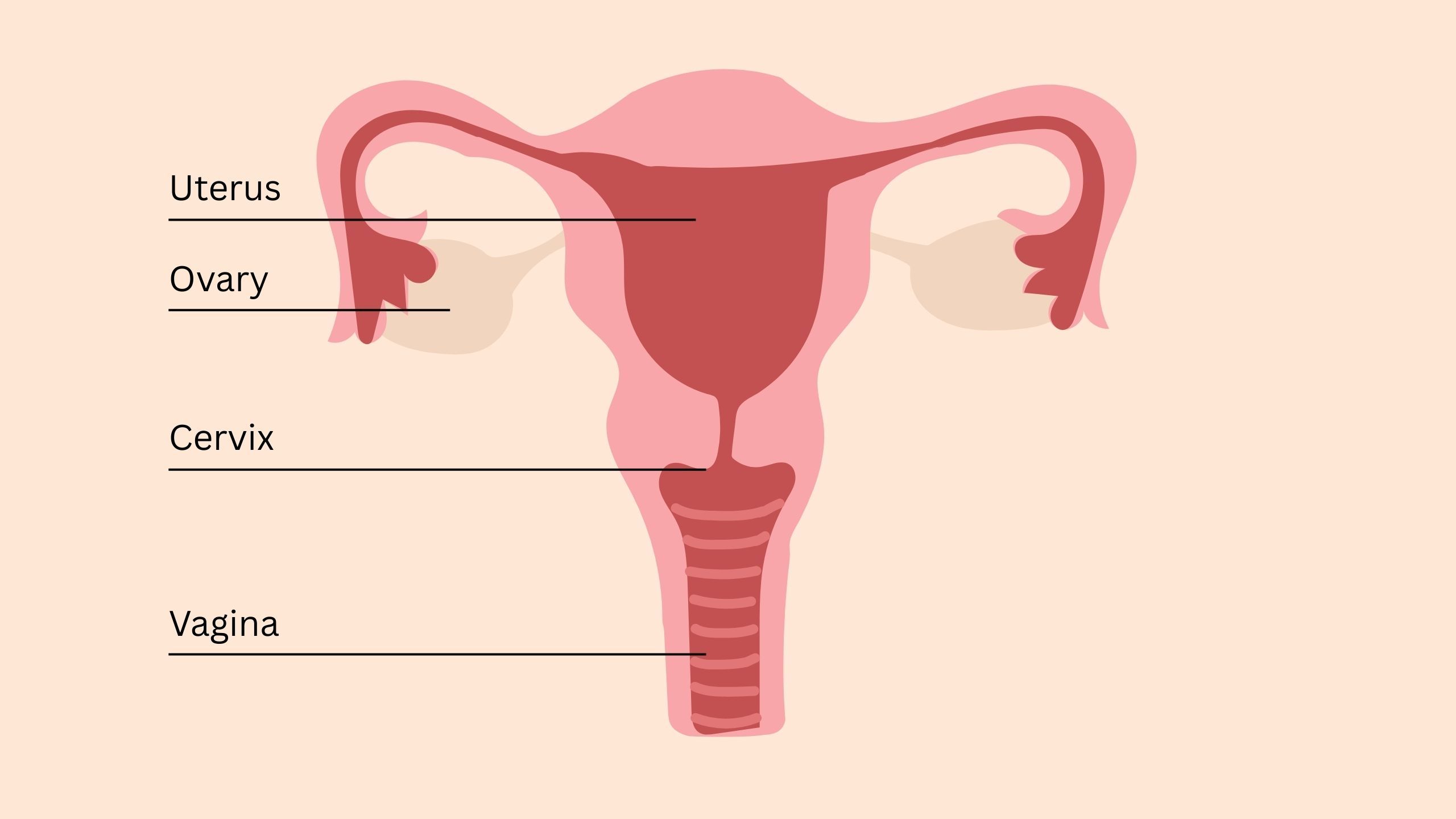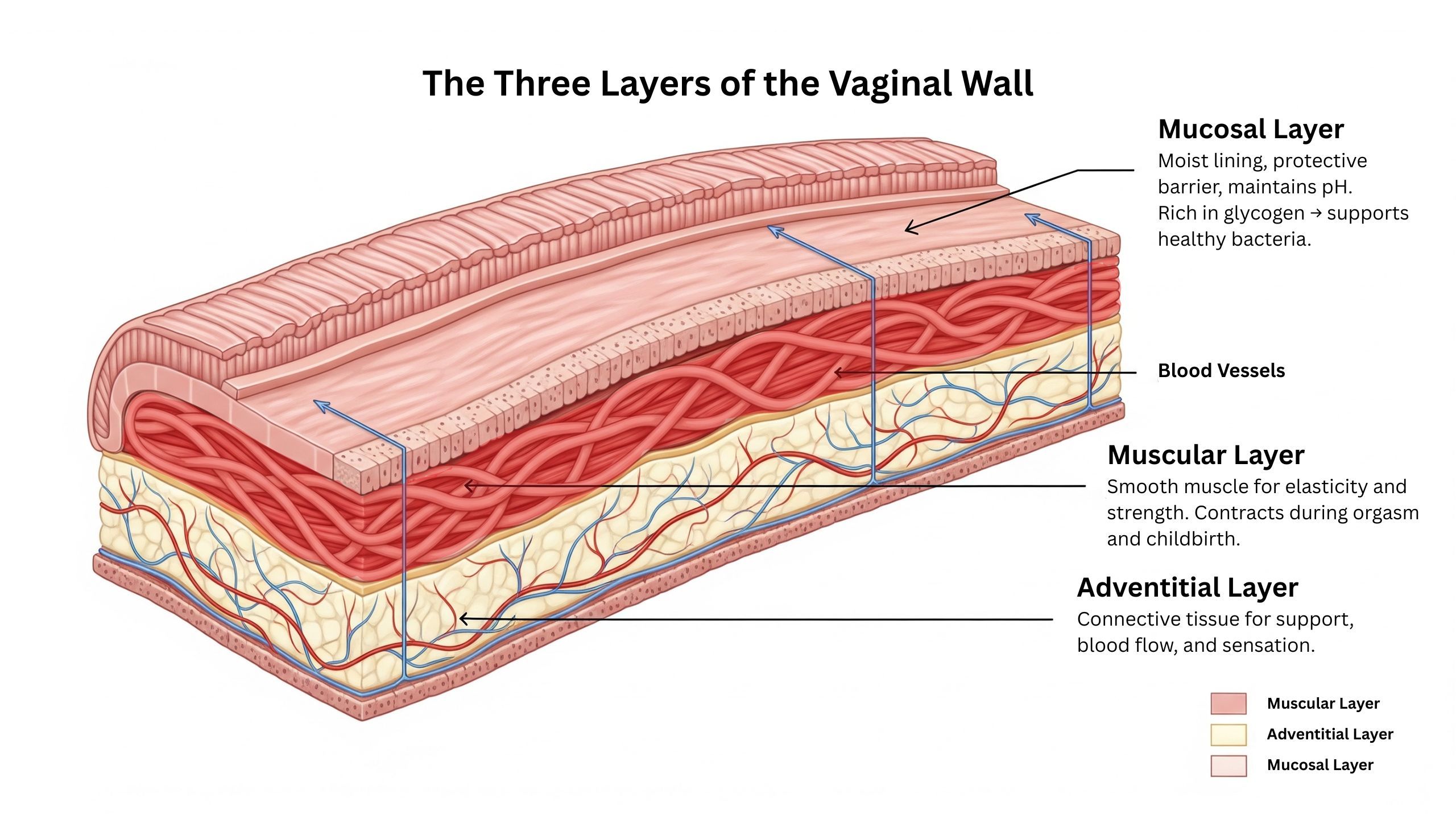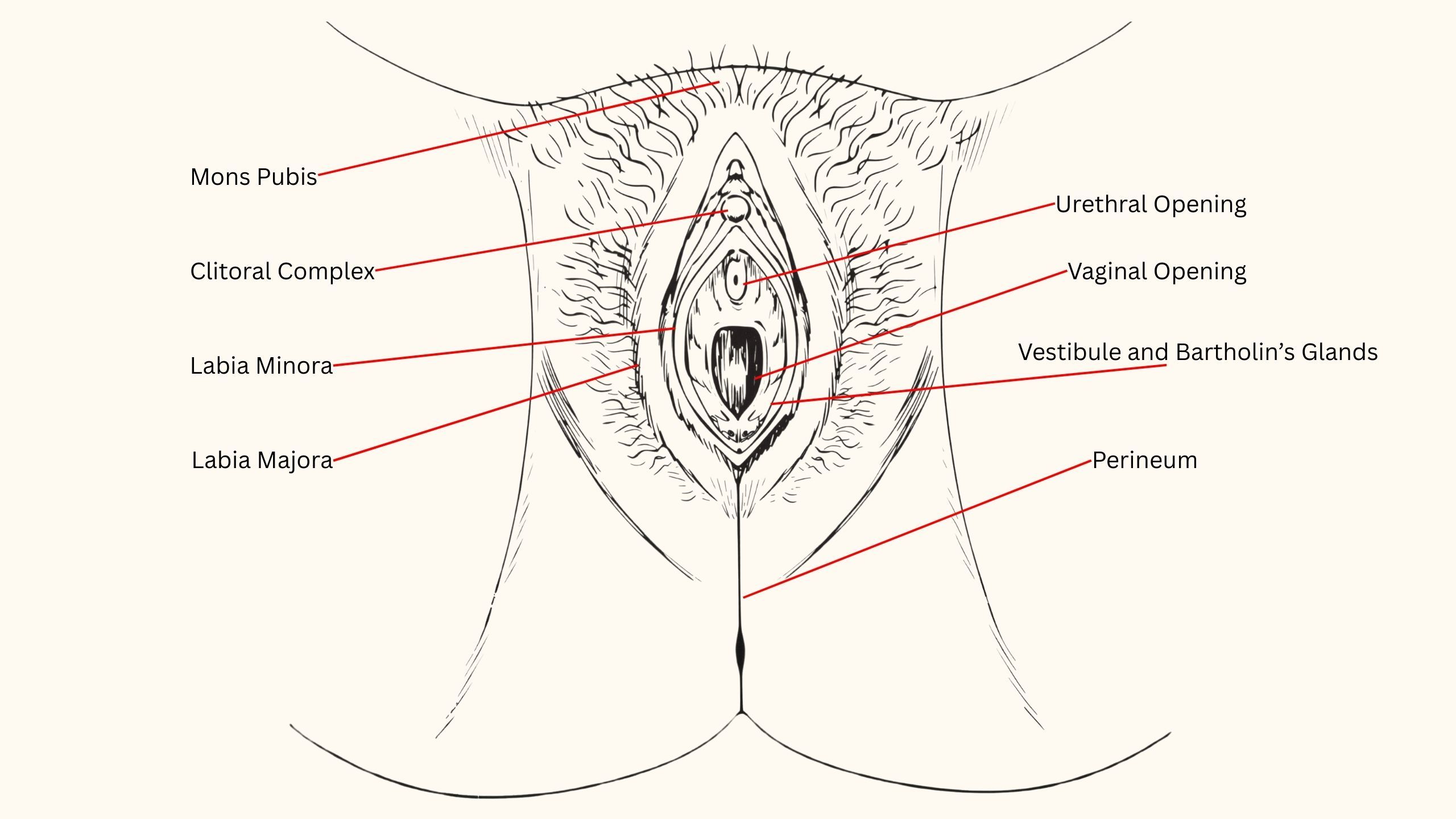The Role of Blood Flow in Sexual and Reproductive Health

Blood flow might not be the first thing that comes to mind when thinking about sexual health or reproduction, but it plays a critical role in how the body functions. From arousal to fertility, circulation affects more than just warmth and oxygen delivery—it supports hormonal balance, tissue health, and overall sexual function.
Understanding how blood flow works in these areas can help you make informed choices about your well-being without feeling overwhelmed by medical jargon.
Why Blood Flow Matters for Sexual Health
The genital region—particularly the vulva, vagina, and surrounding tissues—depends on healthy blood circulation. During sexual arousal, increased blood flow to the pelvic region causes tissues to swell and become more sensitive. This natural response enhances lubrication and sensation, making intimacy more comfortable and pleasurable.
When blood flow is restricted, the opposite can happen. Reduced circulation can lead to decreased sensitivity, dryness, and difficulty reaching orgasm. These issues may not always signal a serious problem, but they can affect confidence and satisfaction over time.
Key Factors That Influence Sexual Blood Flow:
-
Physical activity: Regular movement helps maintain strong circulation throughout the body, including the pelvic area.
-
Hydration and diet: Dehydration and poor nutrition can make blood thicker and less efficient at delivering oxygen and nutrients.
-
Stress: Chronic stress can constrict blood vessels and reduce the body’s natural response to arousal.
-
Hormonal changes: Shifts during menopause, pregnancy, or birth control use can influence blood flow patterns.
The Connection Between Circulation and Reproductive Health
Blood flow isn’t just about sexual response—it also supports the reproductive system on a deeper level. The uterus, ovaries, and surrounding tissues require a consistent supply of oxygen and nutrients to function properly.
-
Ovulation: Adequate blood flow to the ovaries supports the release of healthy eggs.
-
Uterine lining health: A rich blood supply helps the uterine lining develop, which is essential for implantation during pregnancy.
-
Healing after childbirth: Good circulation promotes faster recovery by delivering nutrients and removing waste products from healing tissues.
Poor circulation can sometimes be linked to conditions that affect fertility or menstrual cycles, such as hormonal imbalances or certain vascular issues.
Signs of Restricted Blood Flow in the Pelvic Area
Although these signs can overlap with other health issues, reduced circulation may present as:
-
Persistent genital dryness
-
Coldness or numbness in the pelvic area
-
Decreased sensitivity during sexual activity
-
Menstrual irregularities or discomfort
If these symptoms occur frequently, it may be worth discussing with a healthcare provider—not to self-diagnose, but to rule out underlying conditions.
Practical Tips for Supporting Healthy Blood Flow
You don’t need expensive treatments to maintain good circulation. Simple lifestyle choices can make a difference:
-
Stay Active: Regular exercise such as walking, yoga, or swimming helps keep blood vessels flexible and promotes pelvic circulation.
-
Avoid Prolonged Sitting: If your day involves long periods of sitting, take breaks to stand or stretch every hour.
-
Eat for Vascular Health: Foods rich in antioxidants and healthy fats (like berries, leafy greens, and nuts) support blood vessel function.
-
Stay Hydrated: Adequate water intake prevents blood from becoming too viscous, aiding smooth flow.
-
Manage Stress: Techniques like breathing exercises, meditation, or simply getting enough sleep can help reduce vessel constriction.
-
Don’t Ignore Overall Health: Conditions like high blood pressure, diabetes, or smoking habits can negatively affect circulation throughout the body, including the pelvic region.
| Tip | Why It Helps |
|---|---|
| Stay Active | Improves circulation and keeps vessels flexible |
| Hydrate | Prevents thick blood and supports smooth flow |
| Eat Antioxidant-Rich Foods | Supports vascular health and reduces inflammation |
| Manage Stress | Prevents vessel constriction and promotes relaxation |
When to Seek Professional Guidance
Occasional changes in sensitivity or lubrication are normal, but if you notice persistent issues affecting your quality of life or reproductive goals, a healthcare professional can help. They may check hormone levels, vascular health, and other factors that influence blood flow.
Final Thoughts
Blood flow may seem like a background process, but it’s central to sexual and reproductive health. By understanding its role and taking small steps to support circulation, you’re investing in your body’s natural processes—not just for pleasure, but for overall well-being.
Q&A Section
Q1: Can poor blood flow affect sexual arousal?
Yes. Reduced circulation can lead to decreased sensitivity, less lubrication, and difficulty reaching orgasm.
Q2: What lifestyle changes can improve pelvic blood flow?
Regular physical activity, staying hydrated, eating antioxidant-rich foods, and managing stress all support better circulation.
Q3: Is it normal for blood flow to change with age?
Yes. Hormonal changes during menopause or aging can affect blood vessel flexibility and circulation, but healthy habits can help maintain good flow.
Q4: Should I see a doctor for circulation issues?
If you experience persistent dryness, low sensitivity, or menstrual irregularities, consult a healthcare provider to rule out underlying conditions.
Disclaimer: The articles and information provided by the Vagina Institute are for informational and educational purposes only. This content is not intended to be a substitute for professional medical advice, diagnosis, or treatment. Always seek the advice of your physician or another qualified health provider with any questions you may have regarding a medical condition.


 English
English  Deutsch
Deutsch  Español
Español  Français
Français 




